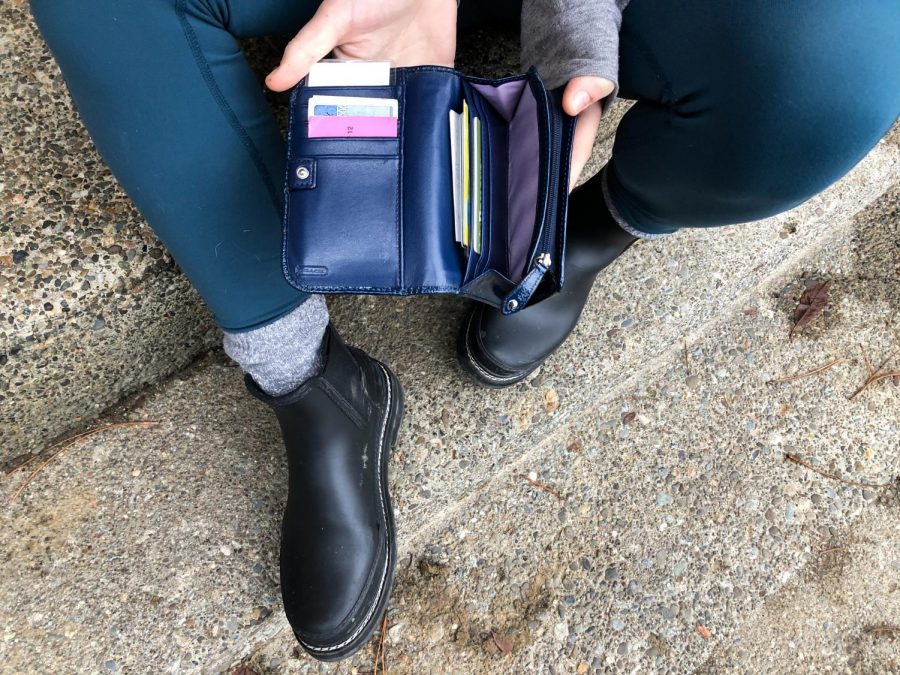Saving 101: helping students save money while in college
February 9, 2021
Trying to save money might be hard for some college students. Resisting the urge to buy stuff that might not be necessary versus the stuff that is might be overwhelming at times.
For students, saving money can potentially be essential for making ends meet. From textbooks and class fees, to food and personal spending, students have to consider what they are willing to spend on.
Junior digital journalism major Jared Galanti has had an early start in saving money. Galanti believes it’s important to save money throughout college.
He understands the value of having backup funds for school and other expenses. Galanti has been a saver all throughout his childhood.
“I think what I’m ultimately going for is just to have enough money for like, when I want to have an apartment or if I want to buy myself a new car after graduation,” said Galanti. “I have that money set aside already so I’m not stressing now.”
According to Galanti, students could save money by not giving in to the desire of reckless food spending.
“One, definitely don’t go out for food a whole lot because that definitely adds up,” said Galanti.
Galanti also recommends budgeting. Using a calendar can help set spending estimates or goals of what you can or can’t spend. This will help limit the urge to spend unreasonably.
Galanti budgets by assigning himself $50 a week. Although Galanti makes it a habit to save money when he can, he also treats himself once in a while.
“I tend to buy long term items whether it’s like a new gaming system, or like a car or like rent for an apartment,” said Galanti.
According to the CWU’s Financial Aid Website, spending can vary from person-to-person. On the 2020-2021 Cost of Attendance data sheet, the expenses for an undergraduate resident is $6,475 for tuition for one year.
That is not adding the fees from services and activities which is $711. Mandatory fees of $1,258, book fees of an estimate of $900 and room and board fees for $13,787. In total, a student resident would spend about $23,131 yearly.
This cost doesn’t include personal/miscellaneous expenses or transportation expenses. According to the website, personal/miscellaneous expenses are, on average, $1,752. For transportation expenses, the average is $1,170.
This would mean an undergraduate resident would spend approximately $26,053 annually. For a graduate resident, the total cost of attendance per year is approximately $29,400.
When Robert Blanch, a freshman education major, saves money he takes advantage of deals everywhere he goes. When it comes to food the power of coupons does not fail him.
Besides using deals and coupons, Blanch also takes advantage of his Wells Fargo bank app to keep track of his spending and budget.
“I try to achieve the minimum amount spent on a certain product,” said Blanch.
As a freshman, Blanch understands how easy it is to go on a spending spree. He admits to having to spend up to $150 a week last quarter. This quarter, however, he has limited his spending to $80 a week for food and personal spending.
For students that have a student plan, Blanch recommends students use that money for books, tuition and housing fees. He also advises students to use their personal money for food and other personal expenses.
“There’s a lot of things that you feel like you should be buying, but in reality, it’s not really necessary to buy those things,” said Blanch. “Later on, you realize you can save money. So then, you start saving a lot more over time.”

